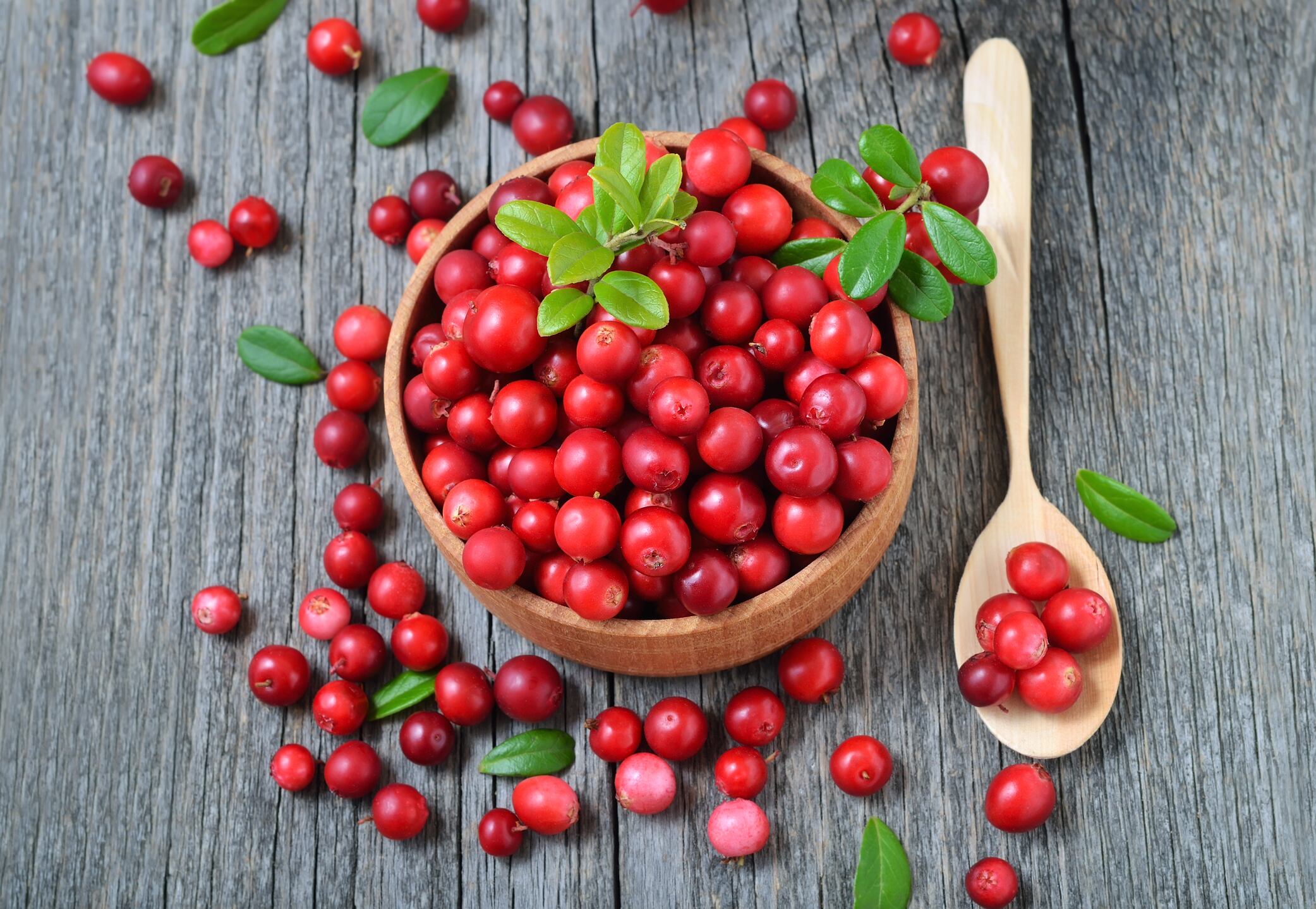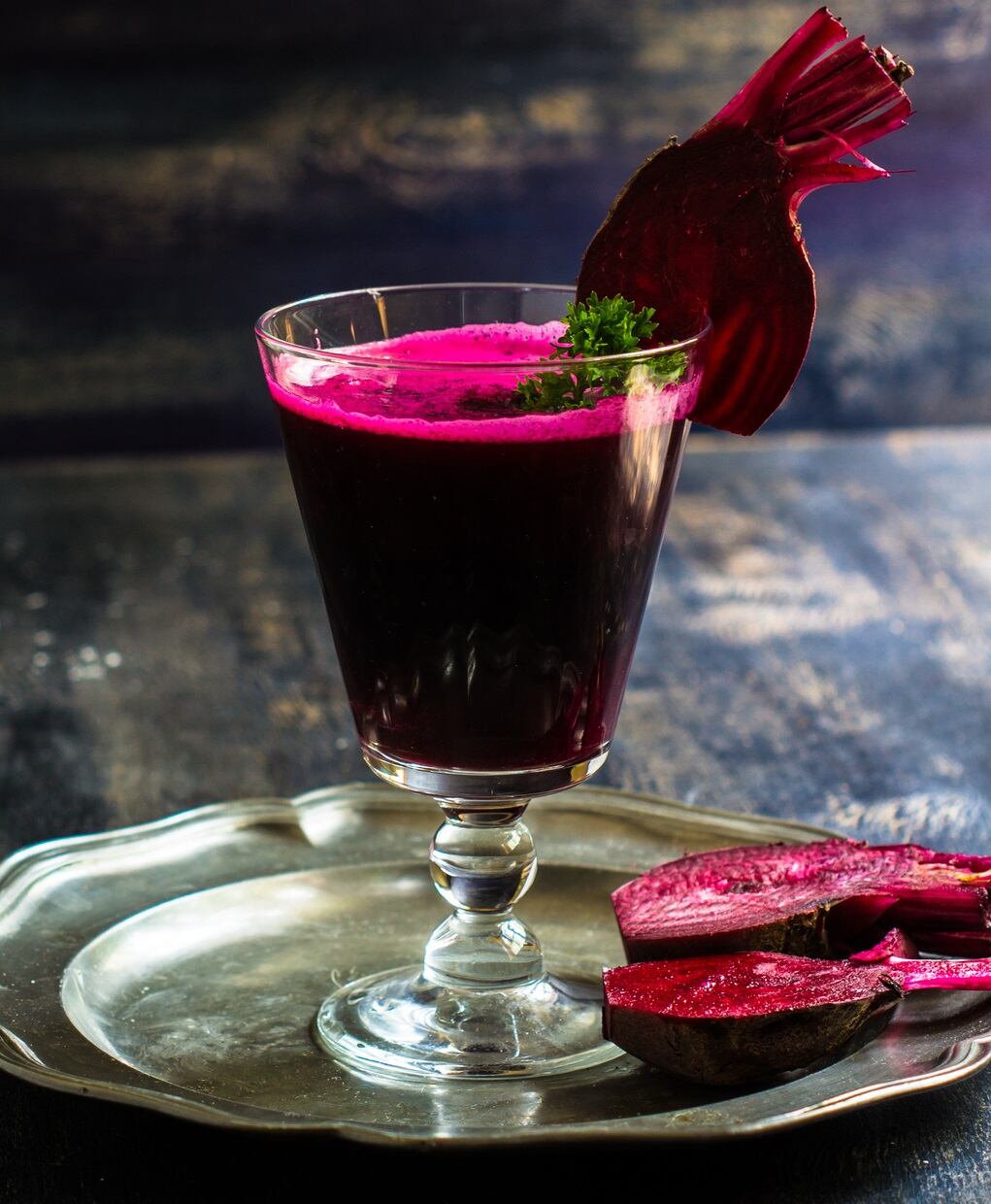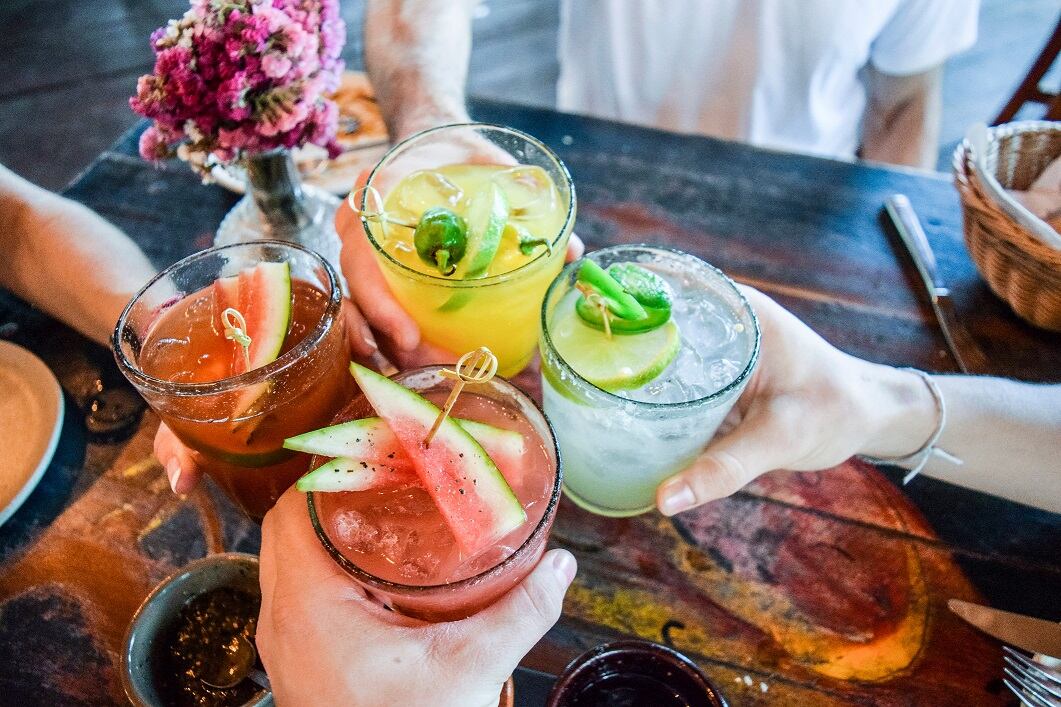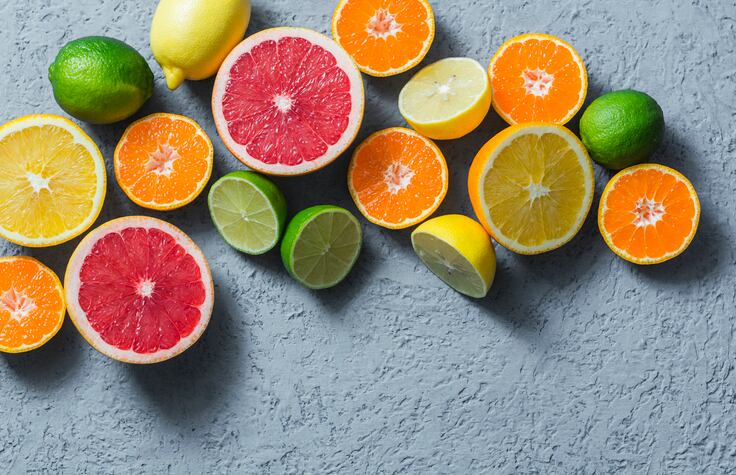The UK company, which has been making natural botanically brewed drinks for more than 100 years, is confident that the premiumization of the drinks category is here to stay – ‘and, indeed, go from strength to strength’.
Consumers continue to crave higher-quality options, while craft is still a craze. But the industry is also being shaped by other factors, such as the introduction of the UK’s Soft Drinks Industry Levy last year and a shift towards lower alcohol options.
The premium soft drinks and mixer category has grown 33% from last year, and is now worth £517 million – accounting for 11.5% of the total category. In other words, this equates to nearly 12p of every £1 spent of soft drinks and mixers in the on trade, according to figures from CGA.
Nordic flavors
Scandinavia’s influence on the culinary scene is likely to extend into bars and drinks. This includes the use of ingredients which have a long-standing popularity in the region, such as lingonberry and sea buckthorn.
“With its progressive social policies and world-renowned design, Scandinavian culture is increasingly aspirational to the British consumer," says Fentimans in its UK On-Trade Premium Soft Drinks and Mixers Market Report 2019.
"Restaurants such as Noma in Denmark and Faivken in Sweden have driven the trend for Nordic flavors and have elevated Scandinavian cuisine to among the world’s best.

“In the bar environment, forward thinking venues such as Himkok in Oslo have gained a global platform in the bar community, and continue to push traditional Scandinavian products such as Akvavit and Kummel.
“With ‘crossover’ ingredients such as juniper and pine already accepted by consumers, and more people aspiring to visit and explore Scandinavia, its influence in the drinks world will continue to grow.
"In addition, other more more unusual flavours such as liquorice, lingonberry, cloudberry and sea buckthorn are likely to be used.”
Super-premium
Sales of super-premium spirits have grown 24.5% in the last year, showing that consumers are willing to pay more and more for a high-quality choice.
“The premium category has been driving growth in spirits for several years now, with sales by value up 6.3% year on year. But as consumers become even more educated and discerning about drinks, and the abundance of marketing desensitises consumers and leads them to reconsider what defines ‘premium’, a new super-premium category is emerging.
“This luxury space is likely to grow, especially in dark spirits, and that opens up opportunities for mixers. It will be interesting to see if dark mixers can find a way to harness the super-premium trend, and what innovative approaches are taken to ensure that mixers do not ‘de-premiumise’ a very ritualised category for neat spirit drinkers.”
Eastern influences
Globalization and the constant search for new flavors and experiences are likely to boost interest in Eastern influences. With the 2019 Rugby World Cup and 2020 Olympics both to be held in Japan, Fentimans predicts a surge of interest in Japanese culture, where elements of ‘futurism,’ social etiquette and dedication to craft and quality already label it premium and aspirational in consumers’ minds.
“The Japanese whisky industry has been booming for years and we are starting to see its reputation and quality being leveraged in other spirit categories by brands such as Ki No Bi, Roku and Nikka. Their simplistic pursuit of quality and tradition in a crowded sector is a great message for bartenders looking for products that suit both cocktails and spirit mixers.
“It is an important trend for the soft drinks category too. Natural pairings and recommended serves for this region’s products are creating fresh interest in complementing flavors within the mixer market such as yuzu, cherry blossom and green tea—all of which can justify a higher price point. As ‘Olympic fever’ takes hold next year, we predict a large level of engagement in all things Japanese.”
Savoury profiles

Consumer backlash against sugar and artificial sweeteners is likely to lead the market away from sweeter drinks and towards more savoury profiles, says Fentimans. The rising acceptance of fermented flavours is also helping consumers move out of their comfort zones.
“Consumers will become more accustomed to vegetal and savoury flavors such as pea, celery, tea and beetroot across the entire drinks market, and we envisage this playing a major role in future soft drinks innovation."
"Bolstering this will be the ever-growing marketing of the soft drink as a health benefit — something already seen within the smoothie, kombucha and yoghurt drink sectors.”
One to watch: Fermentation
Fermentation allows complex and interesting flavours to be developed from relatively simple ingredients, observes Fentimans.
"In recent years, small pockets of the progressive cocktail scene have turned to these processes to create new and intricate flavour profiles.
"One of the biggest success stories evolving from fermentation is the rise in popularity of kombucha and the widespread acceptance of its unusual acidity. The category of fermentation-based drinks looks set to grow rapidly in both the alcoholic and non-alcoholic sector."
Alternative citrus

Citrus is familiar and fundamentally important in many drinks: but this flavor is now evolving beyond the classics of orange, grapefruit, lemon and lime.
“With the rise in Asian cuisine, we are gradually being introduced to a part of the world with a much greater variety of fruits, with ancestry that links back to the citrus fruits we are accustomed to—like the grapefruit, which is a man-made cultivar of the pomelo and the orange.
“Flavors such as bergamot, pomelo and yuzu are already found in leading perfume brands and readily available in Michelin starred kitchens, and so it is likely we will see this spread into more accessible formats over the coming years.”
Fentimans takes a look at the trends, challenges and future opportunities for the category in its UK On-Trade Premium Soft Drinks and Mixers Market Report 2019.
Pictures: getty/carbecademarmore; getty/ nahezdahanesterova; getty/elet1; getty/oksanakiian


